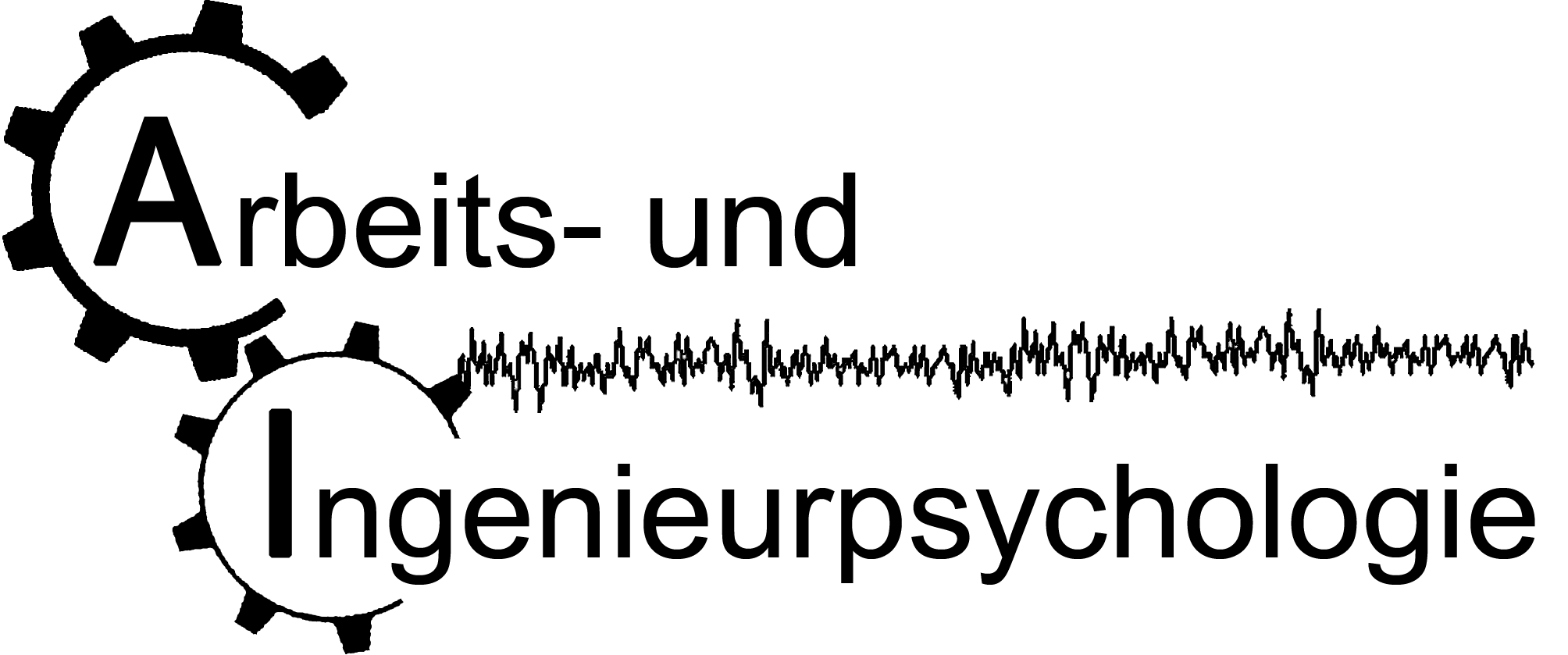The word “stress” is currently on everybody's mind and it plays a role in almost all areas of psychology. Until today, however, stress is mostly measured with the help of questionnaires and more “objective” measuring instruments are rarely used. The analysis of saliva samples complements the self-assessment of the person and thus leads to more accurate measurements. For this purpose, the concentration of proteins and elements found in saliva, especially immunoglobulin A (IgA) and sodium, as well as potassium, are measured. These concentrations are sensitive to activation of the immune system by infections, as well as by stress. The focus of our work is the validation of the method as well as the question how acute stress and other influencing factors affect the concentrations of IgA as well as sodium and potassium. For example, focal points of work psychology such as ergonomic workplace design can be researched with this method.
Literature:
- Benham, G., Nash, M. R., & Baldwin, D. R. (2009). A comparison of changes in secretory immunoglobulin A following a stress-inducing and stress-reducing task. Stress and Health, 25, 81 – 90.
- Hinton, J. W., Burton, R.F., Farmer, J. G., Rotheiler, E., Shewan, D., Gemmell, M., …Gibson, R. (1992). Relative changes in salivary Na + and K+ concentrations relating to stress induction. Biological Psychology, 33, 63 – 71.
- Neuheuser, K. (2015). Speichelanalyse. In Vogt, J. & Thönes, S. (Hrsg.) (2015). Einführung in die biologische Psychologie und das peripher-physiologische Messen. Kap. 7. Kröning: Asanger Verlag.
Contact: Prof. Dr. Joachim Vogt




